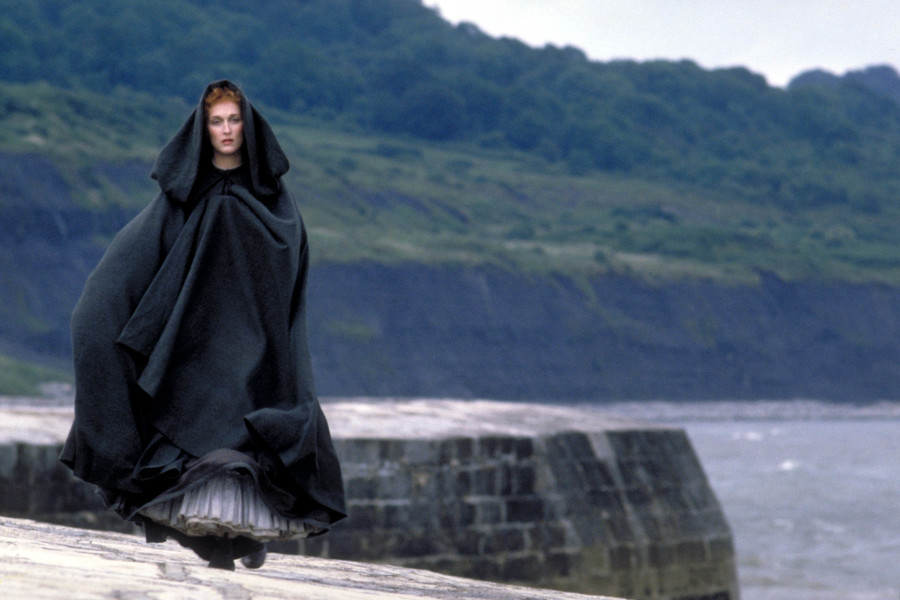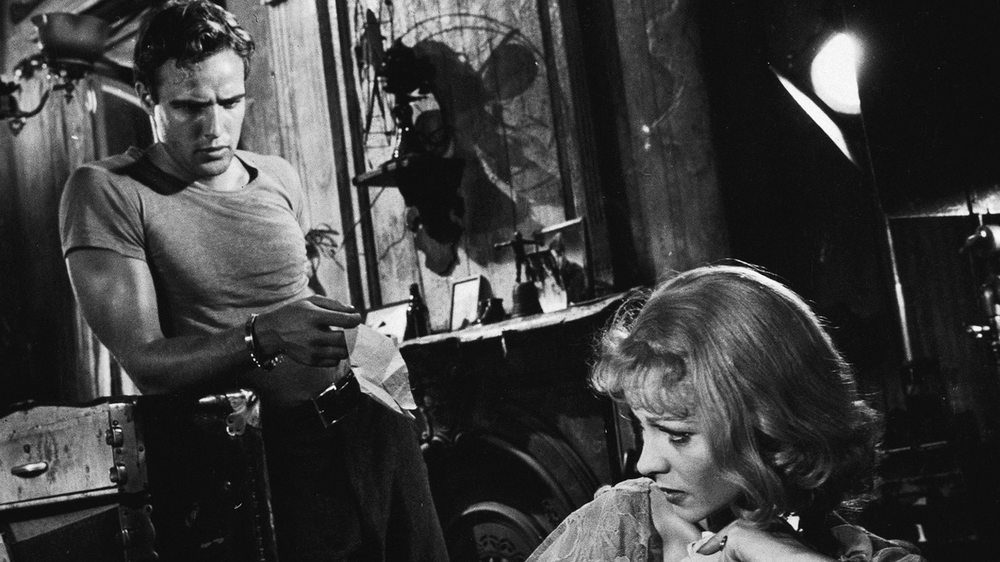Приговор при свечах / Judgment in candlelight - Владимир Анатольевич Арсентьев
Книгу Приговор при свечах / Judgment in candlelight - Владимир Анатольевич Арсентьев читаем онлайн бесплатно полную версию! Чтобы начать читать не надо регистрации. Напомним, что читать онлайн вы можете не только на компьютере, но и на андроид (Android), iPhone и iPad. Приятного чтения!
Шрифт:
Интервал:
Закладка:
Cold wind blew from the river, penetrating the judge’s thin leather jacket, shirt, and pants that had soaked up chill during his trip. Distant stars performed the function of street lights, and the moon preferred to stay out of sight. He had nowhere to go. There was no mobile service yet, and his flight home was only on the next day. If he was Dersu the Trapper, he would light a fire in the front yard.
Suddenly, the impassable cold-proof door opened slightly to show the mistress’s head, which announced in the darkness of night,
“No rooms left,” and the door closed again.
That attitude was understandable as well as any other – her brother had been languishing in prison for five years, waiting for trial. She brought him care packages, filed petitions, and haunted the thresholds of the offices, but things weren’t moving. The freezing, hungry, and chronically tired judge was unable to carry the can[164] for the mistress’s brother. His travel up the inclement Siberian river ended in a desert with a population of 16,500. The show went on…
At last, the door opened again, and the mistress, who just heard that her regular guest delivered “justice that would be efficient, just, merciful, equal to all,”[165] wondered,
“Are you going to sit here like this? We have a triple room where teachers celebrated the last day of their advanced training course. It hasn’t been cleaned yet though – there’s no water.”
“Thank you,” said the wanderer, coming back from another world, and received a “golden” room key. Five empty half-liter bottles of vodka and three drinking glasses bore testimony to the teachers’ advancement. Otherwise, the room was neat – they were relaxing in a civilized way.
A maid came in the morning and asked the judge to move to a different room. Then the secretary came and brought the minutes of the court proceedings carried out in the town. She notified the judge that she was leaving soon and probably never coming back.
“The Gloomy River, life itself, made a sharp turn away from the rock and the lurching tower, flowing to the ocean of time, to infinity.”[166]
2.5. The Reasonable Approach
Peaceful studies of philosophy could not go on away from political life, and Socrates and Plato had to face that indisputable fact. City rulers tried to reestablish the former order and strict observance of law, appealing to religious feelings and ancient customs. However, the authorities themselves violated democratic traditions in pursuit of strong power. For instance, Socrates was involved in the tragic story of Athenian strategoi after the battle of Arginusae in 406 BC. The Athenian fleet, headed by ten strategoi, secured an unblemished victory over the Peloponnesians. However, the Athenians failed to bury their dead because of a storm. Only six strategoi returned home, others fled, and everyone was afraid of divine retribution. The ones returned were first rewarded for the victory and then accused of violating Athenian religious customs. The rulers were in such a rush to execute the fleet leaders that they instructed to determine the strategoi’s fate in a single day. The vote had to be cast for all of the accused, without separate discussion of each case. Not too long before, in 406 BC, Socrates was elected member of the boule (council of 500) among other citizens who had reached the age of thirty. The boule was divided into ten units called phylai, and every phyle had fifty people in it. The philosopher represented his deme, Alopece, part of the Antiochis phyle. Each of the ten phylai performed council duties for about forty days in rotation. The meetings of the boule were called prytanies, and the session members prytaneis. It happened so that Socrates was one of the prytaneis during the strategoi’s trial. Moreover, he happened to be the epistates – the head of the council – on the day of the process. Always independent and just, Socrates objected to the illegal hasty judgment with no prior investigation. Xenophon, a contemporary, described the details of this cumbersome process in his Hellenica, as did the later historian Diodorus in his works. To get around Socrates’s perseverance, the authorities postponed the ruling for the next day, when the boule would be headed by a different epistates. The strategoi were convicted and executed. Socrates himself barely escaped prosecution from the ruling party that violated their own democratic statutes. Being a seeker of true knowledge and absolute justice, Socrates inadvertently found himself involved in a conflict with both democrats and their enemies. He didn’t defer to political change and machinations – despite being inexperienced in observing formalities and even becoming a laughing stock among his colleagues because he did not know how to collect voting ballots.
In 399 BC, Socrates was informed against by Meletus, rich tanner Anytos, and orator Lycon. Their accusation was as follows: “Meletus, son of Meletus of the deme Pitthus, has made the following charge against Socrates, son of Sophroniscus of the deme Alopece: Socrates is guilty of not acknowledging the gods that the city acknowledges, but of introducing new divinities, and is guilty of corrupting the young. The penalty demanded is death.” Obviously, there was not a single factual charge against Socrates. The philosopher himself stated that he had to fight shadows and rumors. However, he perfectly understood that the people slandering him were either those whose worthlessness and ignorance he constantly exposed – or naive fools taking cues from the rumors.
According to Plato, 221 persons voted to justify Socrates, while 280 voted for his death. He was short of 30 jury votes only: a minimum of 251 out of 501 was required for an acquittal.
To the people who condemned him
Прочитали книгу? Предлагаем вам поделится своим отзывом от прочитанного(прослушанного)! Ваш отзыв будет полезен читателям, которые еще только собираются познакомиться с произведением.
Уважаемые читатели, слушатели и просто посетители нашей библиотеки! Просим Вас придерживаться определенных правил при комментировании литературных произведений.
- 1. Просьба отказаться от дискриминационных высказываний. Мы защищаем право наших читателей свободно выражать свою точку зрения. Вместе с тем мы не терпим агрессии. На сайте запрещено оставлять комментарий, который содержит унизительные высказывания или призывы к насилию по отношению к отдельным лицам или группам людей на основании их расы, этнического происхождения, вероисповедания, недееспособности, пола, возраста, статуса ветерана, касты или сексуальной ориентации.
- 2. Просьба отказаться от оскорблений, угроз и запугиваний.
- 3. Просьба отказаться от нецензурной лексики.
- 4. Просьба вести себя максимально корректно как по отношению к авторам, так и по отношению к другим читателям и их комментариям.
Надеемся на Ваше понимание и благоразумие. С уважением, администратор knigkindom.ru.
Оставить комментарий
-
 Артур01 август 01:14
"Там, где лес не растëт", конечно, тяжëлая книга... Концовка слëзы выжимает нещадно. ...
Там, где лес не растет - Мария Семенова
Артур01 август 01:14
"Там, где лес не растëт", конечно, тяжëлая книга... Концовка слëзы выжимает нещадно. ...
Там, где лес не растет - Мария Семенова
-
 Гость Наталия30 июль 23:31
Спасибо автору. Книга интересная, увлекательная, легко читается, оставляет приятные впечатления. Желаю автору дальнейших...
Королева драконов - Анна Минаева
Гость Наталия30 июль 23:31
Спасибо автору. Книга интересная, увлекательная, легко читается, оставляет приятные впечатления. Желаю автору дальнейших...
Королева драконов - Анна Минаева
-
 Гость Татьяна30 июль 22:31
Душевная книга, очень люблю Михалкову, произведения всегда сочные, с неожиданным концом. Много личных историй героев, читаются...
Посмотри, отвернись, посмотри - Елена Ивановна Михалкова
Гость Татьяна30 июль 22:31
Душевная книга, очень люблю Михалкову, произведения всегда сочные, с неожиданным концом. Много личных историй героев, читаются...
Посмотри, отвернись, посмотри - Елена Ивановна Михалкова










